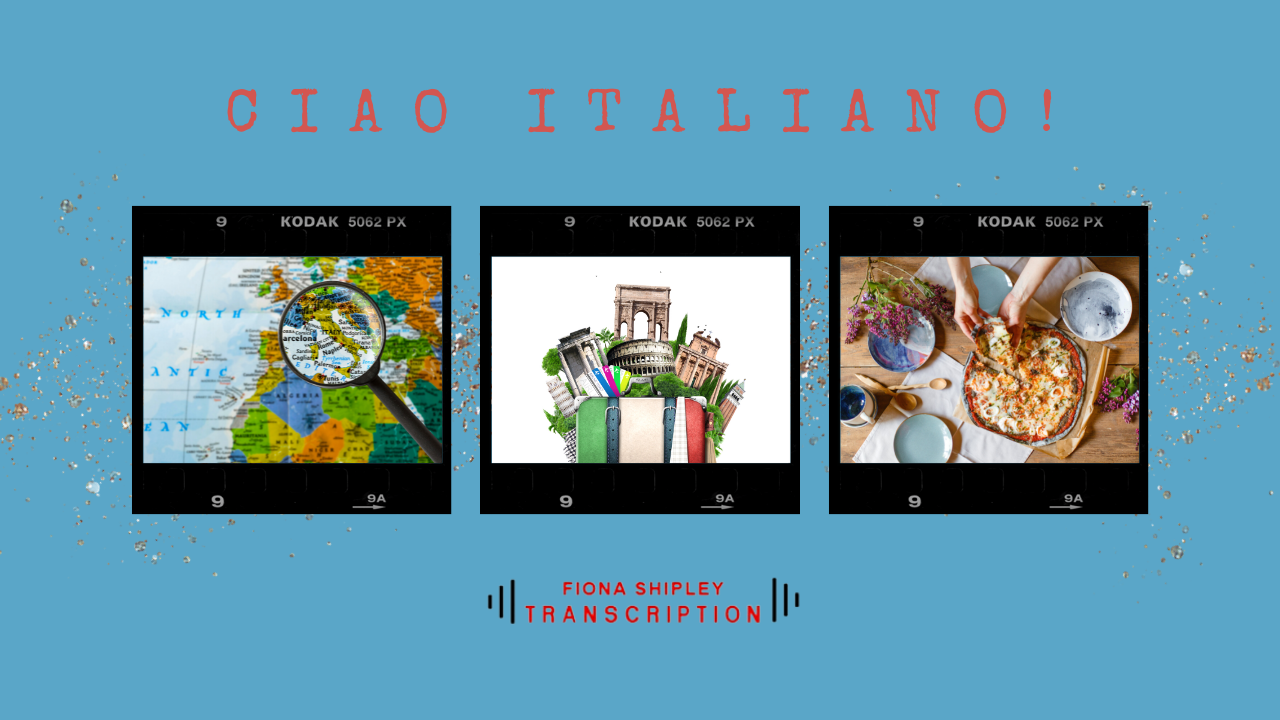The Italian language is far from just words for our favourite Italian food – there are a number of them that have transferred over into English, ones that we now use as part of our everyday vocabulary.
There are many words that look very similar in both languages that also have very similar meanings. These words are commonly described as cognates, which means words that derive from the same original word but now exist in different languages. In many cases you’ll find that if you look far enough back in history the words will have the same linguistic root.
Some of these are:
Qualità — Quality
Comunicazione — Communication
Automatico — Automatic
Ottimismo — Optimism
And there are many more.
But beware! There are also many other words that we commonly use to describe an item or situation that Italians would look at us in surprise over – simply because we’ve taken them on with a slightly different meaning than originally intended.
Here are some of our favourites:
Camera – who doesn’t use a camera these days… albeit most likely on our smartphones. But this word in Italian means something entirely different. It’s a room in Italian! When you look at the Latin origin of the word you can see how this might have happened. It derives from camera obscura, which means “dark chamber” which is the name of the original device for projecting an image of external reality onto a flat surface. If you want to describe the device you’ve used for taking photos in Italian you’ll need to say fotocamera.
Stiletto – in English, this word describes high heeled ladies shoes but in Italian, stiletto is a knife or dagger with a long slender blade and needle-like point. When you think of the shape of a stiletto heel, it’s easy to understand how the word came to be used to describe this particular heel. Just bear in mind that if you’d to describe your new shoe purchase in Italian you’ll need to say tacchi a spillo otherwise you’ll be walking on dagger!
Bimbo – not the most positive way to describe a woman, this generally gets used as a derogatory description to show that someone’s an airhead or not particularly intelligent. But you can use the word in Italian with far less concern about offending the person you’re describing because it means boy. Interestingly it began to be used in the USA in the 1920s as slang for an unintelligent or brutish man. It wasn’t until much later in the decade that it evolved to describe a woman. There’s reference to it in the 1929 silent film Desert Nights where a wealthy female crook is described as a bimbo.
Al fresco – and our final one is as a nod to the much anticipated season that is just around the corner… summer: it’s the word that we use for eating outdoors. Using it for this purpose when talking to an Italian would fill them with dread because dining al fresco would mean you’re dining in jail! They have a very different way of describing dining outside with the phrases fuori which means outside or outdoor or all’aperto which means in the open air.
So there you have it! Buono!

